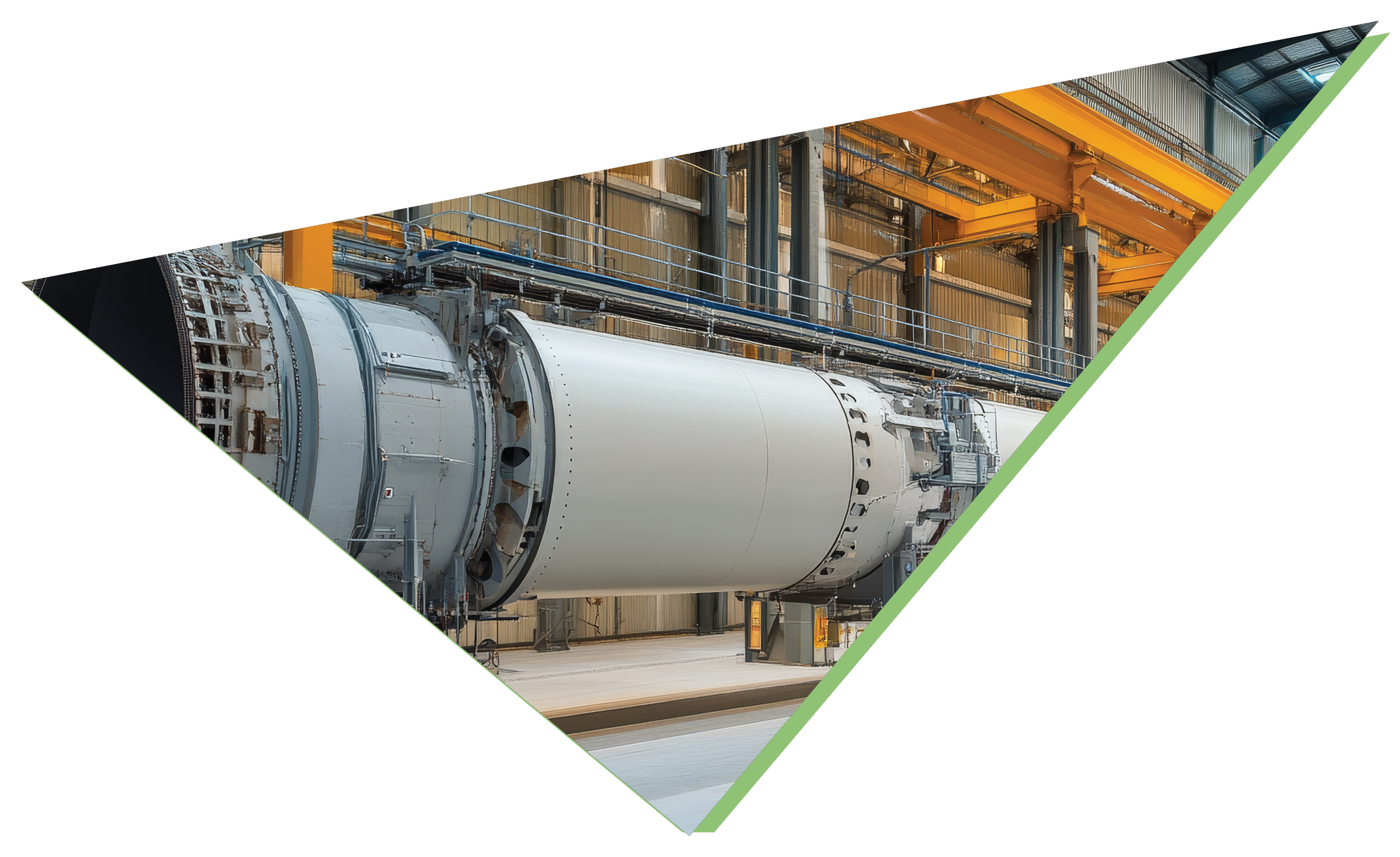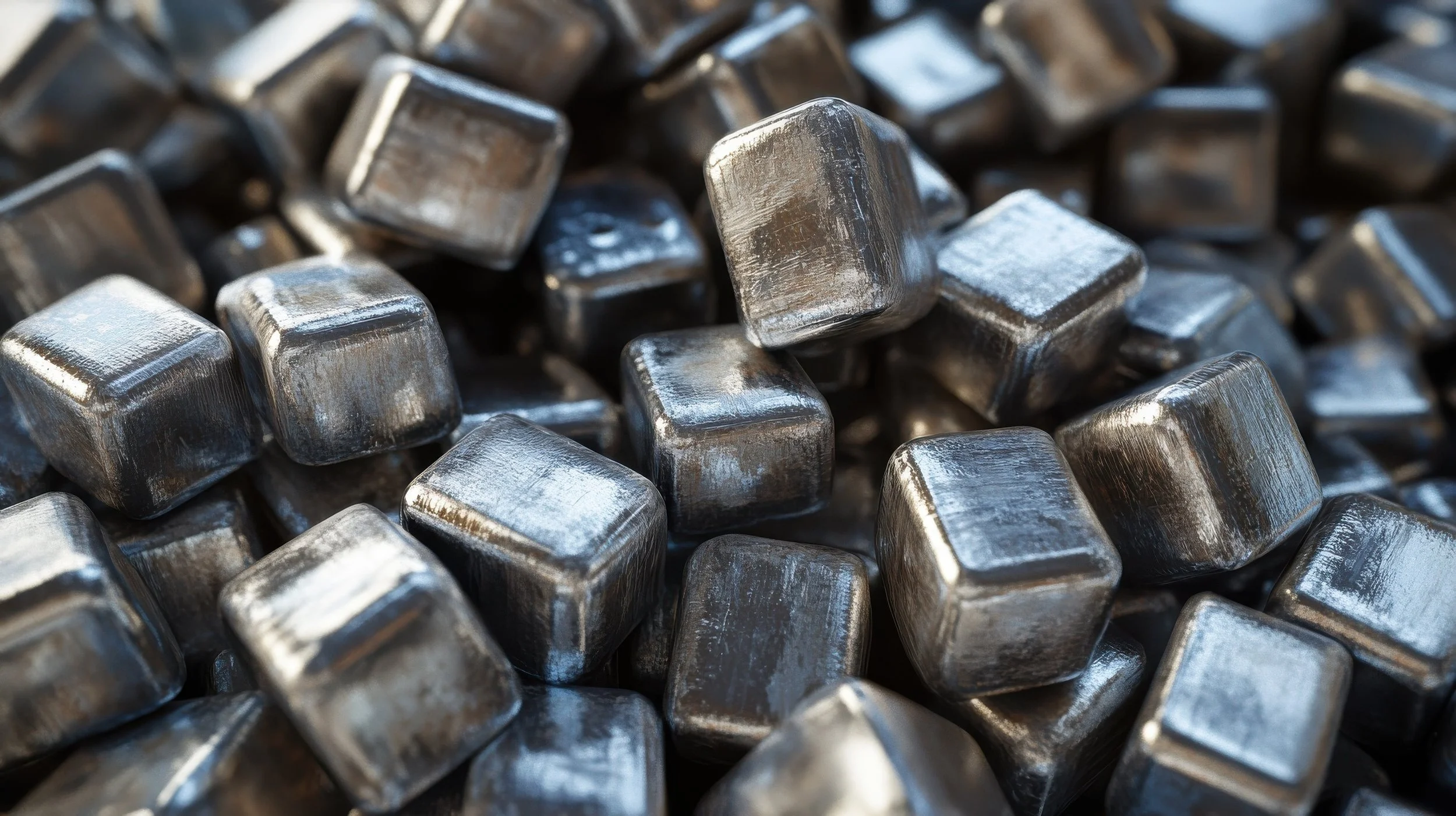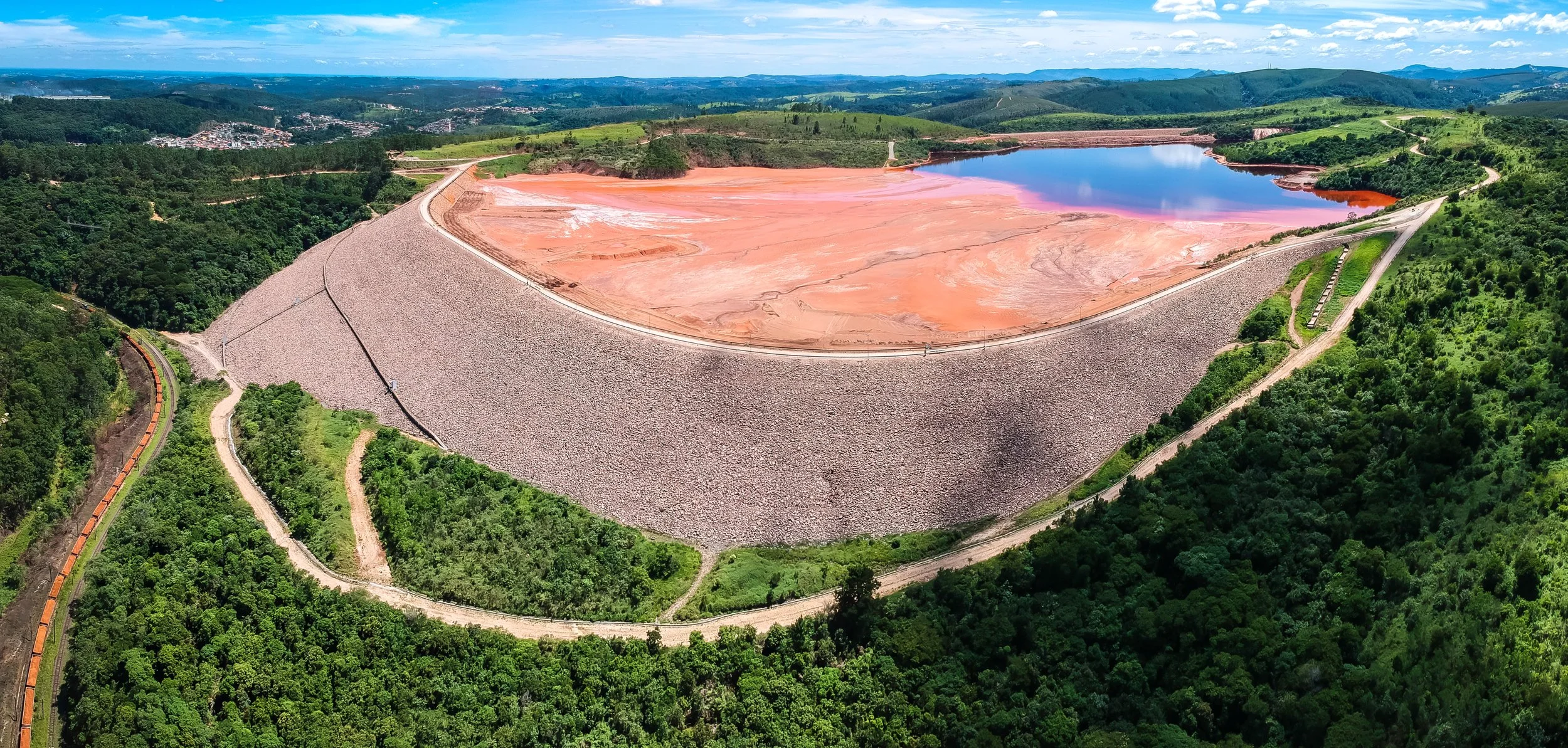From Residues to Resources
Unlocking and transforming critical metals from waste into circular, high-value resources
The Future of Clean Processing Starts Here
At GEOMEGA we believe that the clean-energy transition doesn’t have to rely only on mining or overseas supply chains. Our mission is to close the loop — transforming the world’s largest and toughest residues into high-value metals, renewable energy inputs, and sustainable revenue streams.
GEOMEGA develops and licenses these closed-loop hydrometallurgical processes.
From extraction to regeneration: redefining the future of mining.
Our proprietary technologies recycle reagents, minimize effluents, and lower CO₂ emissions — proving that industry can grow from already extracted resources.
Innovative technologies built for efficiency, guided by responsibility.
OUR TECHNOLOGY PLATFORM
Each of our technologies tackles a specific challenge in industrial sustainability — recovering metals, reusing reagents, and cutting emissions at the source.
Together, they form an integrated ecosystem that turns waste into value and environmental footprints into forward motion.
Iron Recovery
& Valorization
Transforms iron rich waste into high-purity products such as DRI-grade iron ore — reducing disposal costs and enabling low-carbon steelmaking.
Read More >
Reagent
Recycling
Captures and purifies chemical reagents from process streams for reuse, closing the loop and lowering operational expenses.
Read More >
Critical Metal Extraction
& Refining
Recovers rare earth elements (REE) and other critical & strategic metals from complex feeds, securing domestic supply chains — Nd, Pr, Dy, Tb, Sc, Ga, Ti, Si and more.
Read More
Process Heat
Recovery
Reclaims thermal energy from industrial circuits to cut fuel use and CO₂ intensity, improving overall plant efficiency.
Read More >
H2
Production
Generates clean hydrogen from process reactions, powering low-carbon operations and enabling the circular plants of the future.
Read More
Residues from mining and metallurgical
industries & low grade ores
Waste Valorization Applications
Every waste stream tells the same story: what was once a residue can now fuel the clean-energy future and the domestic supply chains.
We partner with global operators to convert industrial and mining liabilities into assets that can generate revenue, jobs, and positive sustainability impact.
Our technology converts Bauxite Residue (Red Mud), the main waste from alumina refineries, into valuable products such as high-purity iron (DRI grade), caustic soda (NaOH), alumina (SGA), rare earth elements (REEs), titanium, scandium, and more. By recovering these materials, the refinery could potentially reduce waste volumes by over 90% and transform long-term environmental liabilities into profitable resources.
Read More >
Bauxite Residue Valorization
NdFeB Magnet Recycling
Our technology extracts and refines neodymium, praseodymium, dysprosium and terbium from end-of-life magnets and production scrap & swarf with >90% recovery and >99% purity, helping build a domestic circular supply of rare earths. With limited or no solid or liquid waste, the solution can be applied directly at the magnet production plant or as a standalone plant.
Read More >
Sulfide Tailings Valorization
Our technology helps precious and base metal mines reprocess their metal-rich sulfide tailings to recover gold, nickel, iron, and other metals, reducing acid generation and unlocking previously stranded value.
Read More >
Primary Ore Projects
Many mineral deposits, particularly those containing critical metals, rely heavily on the production of a single metal. For rare earth element (REE) deposits, this dependence makes them especially vulnerable to price fluctuations.
Our technology provides an opportunity to generate additional offtake streams, transforming these deposits into polymetallic operations that are more economically resilient and environmentally sustainable.
Montviel Deposit
A rare-earths (REE) and niobium (Nb) carbonatite deposit in Québec, Canada. The largest bastnaesite 43-101 resource estimate in North America with full access to road and power infrastructure. Our technology helps recover more than just REE and Nb, but as well get revenues from iron, scandium and other offtake streams.
We don’t just talk about sustainability — we build it, one recovered element at a time.
From aluminum to rare earths, we collaborate with global leaders to bring waste-to-value solutions to market — proving that circular industry isn’t a future ideal, but a present reality.
If you share our belief that the clean-energy future must be built from what already exists:
Let’s build it together.
Kiril Mugerman, President & CEO
+1 514-223-1449 ext.3
Proven Partners in Circular Transformation
We collaborate with leading industrials, refineries, and technology partners to bring waste-to-value solutions to market.














